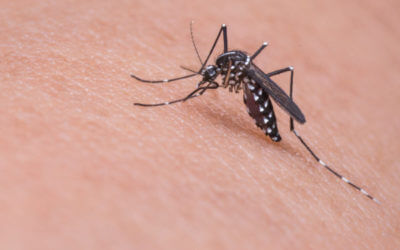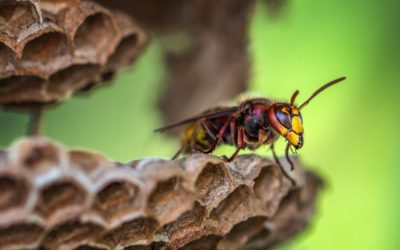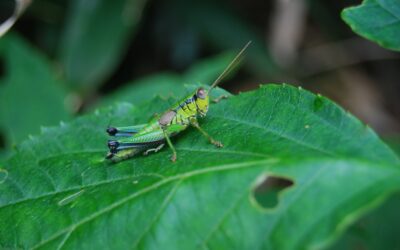
Tips to prevent mosquitoes from living in your backyard
Spending time outside is one of the best parts of spring and summer in Arkansas and Oklahoma. But mosquitoes can spoil even the best outdoor activities. Mosquitoes are annoying when they buzz around, it hurts when they bite you, and their bites can itch for days afterward. People with sensitive skin may be even more irritated by mosquito bites, and some might even develop skin infections if they scratch the bites too much. While these things aren’t fun, the most dangerous thing mosquitoes can do is infect those they bite with serious diseases. West Nile Virus is the most common disease that can be carried by mosquitoes in the United States, but outbreaks of Zika Virus, Dengue Fever, and other serious diseases have also been documented in the U.S.
These diseases can come from bloodborne pathogens that are transferred by mosquitoes who bite an infected person or animal and then go on to bite another person or animal. Although not all species of mosquitoes carry diseases, it’s almost impossible for the average person to tell the difference between them. The safest bet is to do everything you can to avoid contact with all mosquitoes. While wearing bug spray is a great way to protect yourself, there are additional steps you can take to stay safe from these bloodthirsty pests.
Steps to take to keep mosquitoes from living near you
Because mosquitoes are a nuisance at best and dangerous at worst, it’s important to do what you can to prevent mosquitoes from living in your backyard. Fortunately, there are several easy things you can do to decrease the attractiveness of your property to mosquitoes and to discourage them from breeding near your home.
Dump out all standing water:
Don’t allow standing water to remain on your property after it rains. Mosquitoes are attracted to standing water because it’s the perfect place for them to lay their eggs, which hatch into larvae (baby insects) who live in the water while they grow and develop. Even a couple of inches standing in the bottom of a bucket is plenty of room for mosquitoes to lay countless eggs, leading to countless new mosquitoes living on your property.
Use cedar mulch:
Covering your gardens in cedar mulch will help absorb extra moisture, making the garden less attractive to mosquitoes.
Plant natural deterrents:
Try adding plants to your yard, either in containers or in beds, that naturally deter mosquitoes. Some of these include lavender, lemon balm, catnip, basil, garlic, citronella, marigolds, peppermint, geraniums, rosemary, and sage.
Use yellow LED lighting outdoors:
Like many insects, mosquitoes are attracted to the warm light of conventional light bulbs typically used in porch lights. Studies have shown that mosquitoes are less attracted to yellow LED lighting.
If you try these tips and you’re still dealing with mosquito problems, West Termite, Pest & Lawn is ready to help. Call us today so you can enjoy the rest of the season in your backyard.
More posts from West Termite, Pest & Lawn
Signs of a Wasp Nest in Your Yard
It’s difficult to enjoy your outdoor spaces if you’re worried about avoiding wasp stings! These buzzing insects, while beneficial predators in the ecosystem, can become a nuisance around your yard, especially if they’ve built a nest nearby. Identifying signs of wasp...
Keeping Your Yard Pest-Free During Spring
Spring is always welcomed after a long winter, with its vibrant blooming flowers, awakening wildlife, and longer days– but it can also usher in a wave of unwanted guests: pests! From mosquitoes and ticks to grubs and ants, these unwelcome visitors can quickly turn...
Pests That Can Ruin Your Garden
The feeling of a flourishing garden is incredibly satisfying– it’s an explosion of color and life that’s happening because you planted and nurtured it! But unwanted guests, from tiny insects to furry pests, can quickly turn your garden into more of a battleground....



